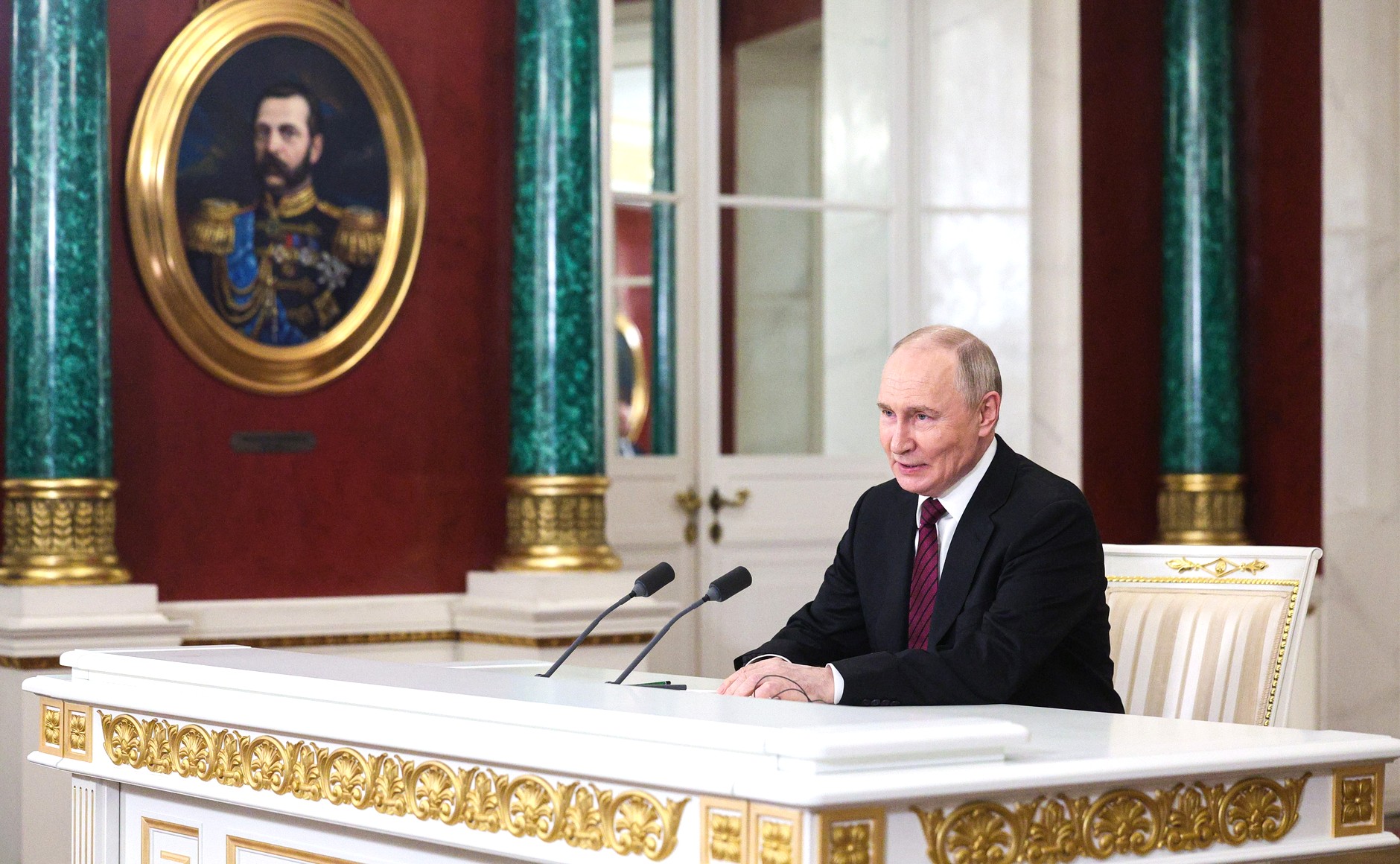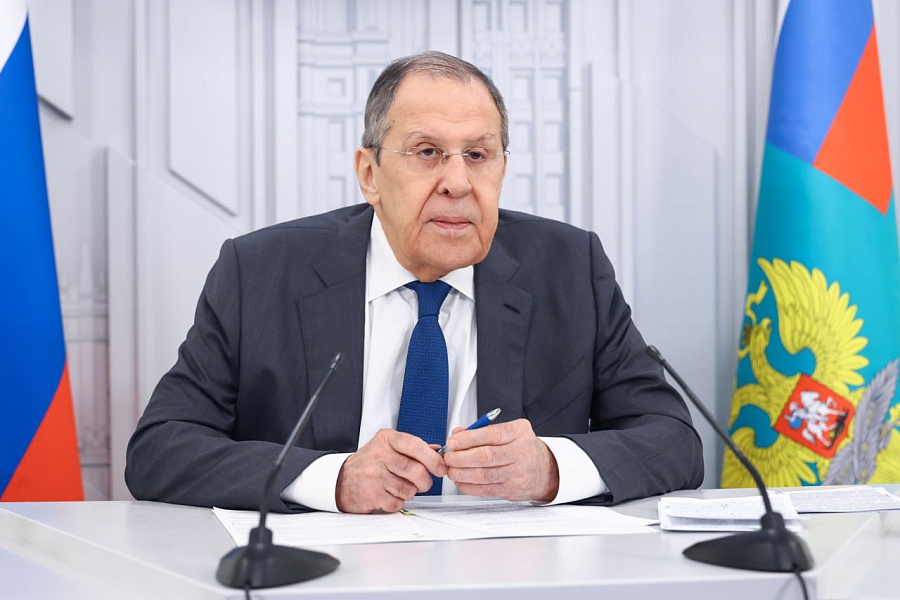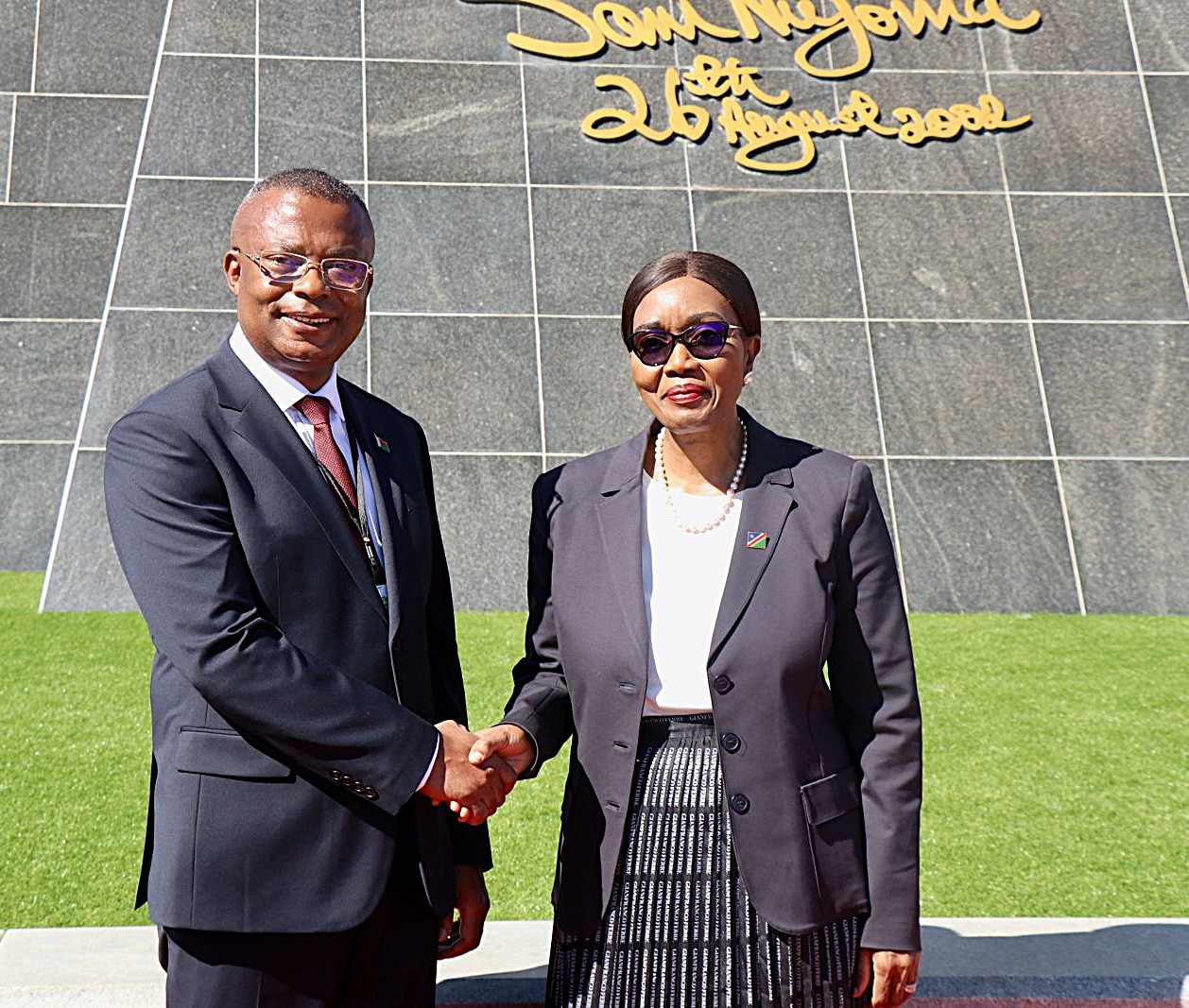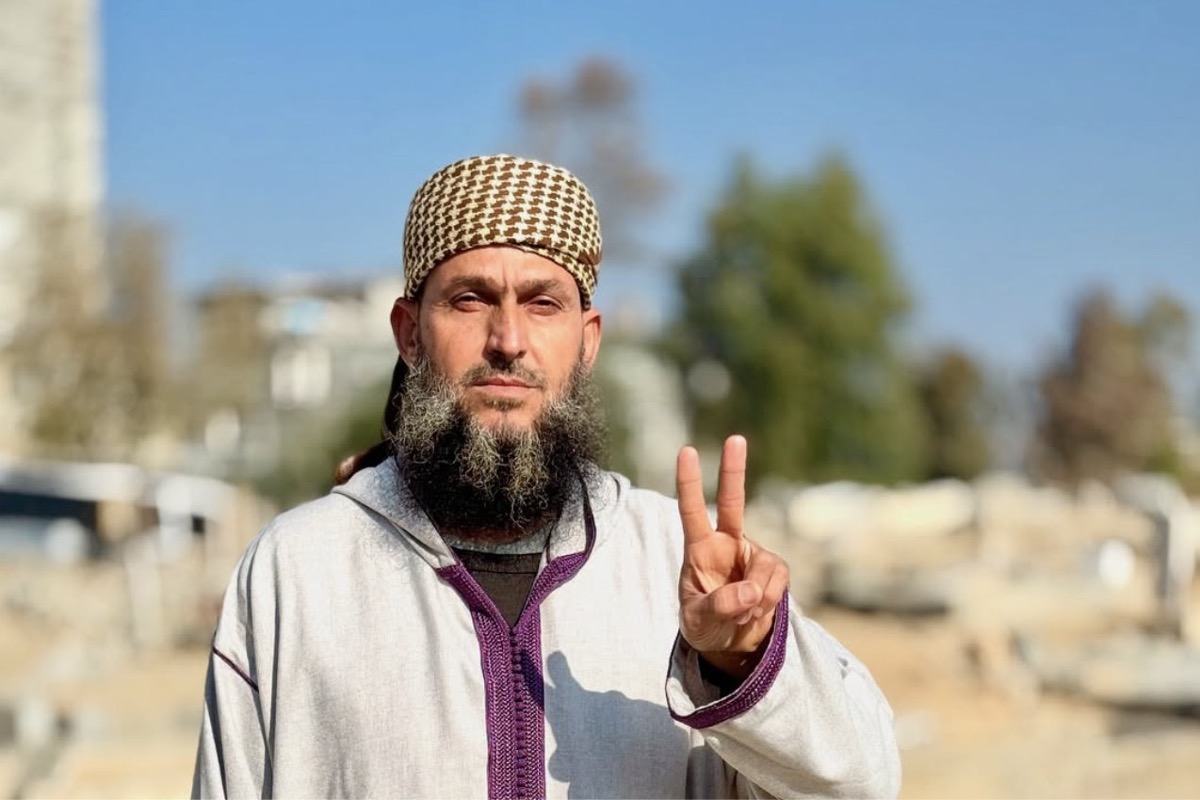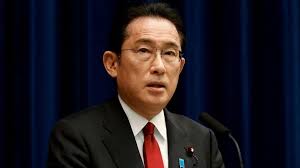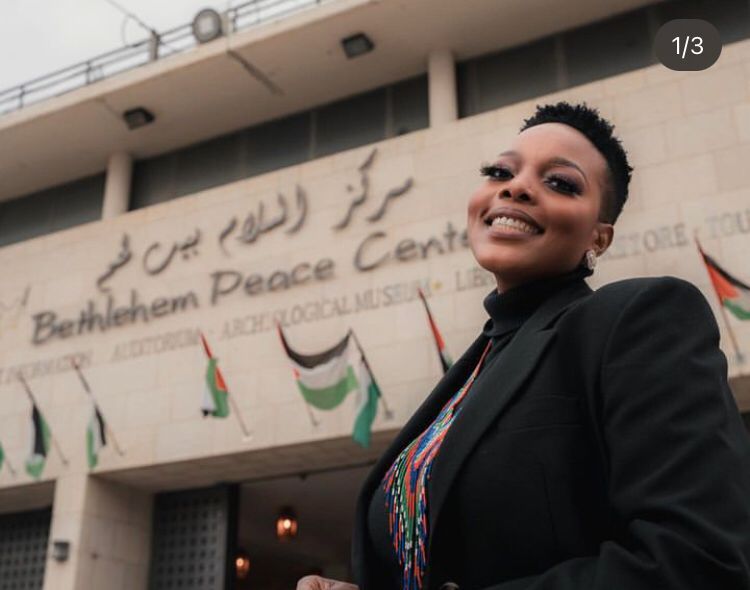
President Masisi taking Oath of Office, now he has to deliver on his promises Pic (C) The Caravel
Bagaetsho, as you may be aware, I recently retreated into introspection and reflection with my Cabinet and other leaders of the ruling Botswana Democratic Party in order to reassess our progress in achieving our national economic development goals within the scope of the ongoing pandemic and to consider the way forward.
Introspection, or self-reflection, allows us to scrutinize our internal feelings by delving into our innermost, wherein we should be able to redefine our path and find solutions to both anticipated and unanticipated challenges. That is what as a collective, my Party, the Botswana Democratic Party and I did, not on the spur of the moment, but in accordance with our principle of reflective and consultative leadership.
The combination of the devastating global pandemic – COVID-19 – and the catastrophic economic recession it has caused the world over, dictates that we revisit our problem solving strategies; that we regroup; that we reset. Resetting our priorities in light of new and unexpected challenges, must be immediate and be devised to break barriers, remove hurdles and build the momentum that will carry us through the difficult times towards our destined goal of becoming a high income country.

To reset is to set new priorities, to adopt new approaches, and to put in place new implementation resources in place immediately – with the change in results to be clear and evident to you. This is not a turnaround that will take years; it is immediate. Furthermore, there is a significant distinction in our post-reflection mode to reset ourselves as a country, and as a people. We want to move forward in unison. Hence this reset encompasses not only my Cabinet and the whole government of Botswana, but also the ruling Botswana Democratic Party and the entire population of Botswana, whom we represent by virtue of being elected by voters in 2019 to effect broad-based change in our country and our economy.
We also reset ourselves and our mindset. We self-determine that we are going to reset and that is to focus on citizen economic inclusion.
New approaches means seeking new and smarter ways of implementing projects on time and on budget; we think differently; and old limits no longer apply.
We have to look with deeper scrutiny at the key tool of governance and delivery – the Public Service – and recognise the depth of degradation therein, for therein lie answers to implementation failures that seemed to have become a norm in the post-90s period of our existence as a sovereign state. We have to measure our own labours as an elected leadership, to enact laws that empower and provide a roadmap of delivery to the anxious electorate. When we do that, when we reflect, we discover that there is a direct correlation between the quality of the public service texture of the high economic growth rates of post- independence to the 90s, and the degradation of the public service of the post-90s with the much lower growth rates of the economy in the last 30 years.
We find evidence of a political leadership that for the last 30 years, has increasingly fallen into the clutches of an underperforming public service that has grown more robust in obstruction than in productivity. We find an evolving culture of a democratically elected but increasingly pliable political leadership of the last three decades, held to ransom by groups of abrasive technocrats in low-productivity mode, albeit with rising incidences of corruption.
It is in our introspection that we find entrenched interests causing economic exclusion and denigration of our people, indigenous Batswana in particular, who are the lowest in the food chain, so to speak.
While there have been some notably positive outcomes, a litany of unfinished or poorly executed projects fills the development roadmaps of the last 30 years like leaky sacksful of dirt on a neglected road. The mindset of our people has been pulverised by such negativity that a cancerous inferiority complex thwarts the ambitions of young and old. Truth be told, we have as a nation excluded ourselves from our own development.
As we add a positive stride to the pandemic containment, and review ourselves in the new normal, we see the steep but traversable road to economic and national recovery; yet we must recognise, it is not only about the problems of COVID-19 but a catalogue of long-standing flaws; mistakes of our own making as a nation, particularly in the last 30 years, that have impeded us from graduating from the middle-income trap to high income status. We all slept on the job. Now we need the courage of introspection and the boldness to directly address the shortcomings in national development that we see.
Clearly, the wheels have come off in our vehicle of national development, and we must urgently attend to it without shaming ourselves that we are responsible for our own problems – but believing in ourselves that we can solve our own problems.
Democracy and development require a partnership of all the constituent groups in society; democracy subscribes to division of labour. Just as strongly as the balance among the Executive, the Legislature and the Judiciary has never failed to steady our ship of state, the so-called strength of our institutional frameworks elsewhere should not usurp the effectiveness of the country’s political leadership; in turn, the political leadership should not whine itself into sycophancy and submit itself to the dictates of any weak institutional framework. Instead, such a framework must be overhauled and fixed through renewal. So be it with the delivery vehicle of the State – the Public Service. We must do repairs in the shortest possible time.
The division of labour must come into effect, and the political leadership must be enabled to fulfil their mandate while an efficient, ethical, kind and customer-centric public service delivers service to the nation within the laws and ethos that established it.
To become a high income country by 2036 as nationally envisioned, we must attain an average GDP growth rate of 5.7%. We cannot get there at the 4.3% average of the last 8 years; and it is all about productivity, innovation, ethics, and a belief system that upholds the decency and integrity of Batswana collectively and individually.
We do not want to continue to be ranked as the 8th most unequal country in the world; we are appalled by the youth unemployment rate, and the unemployment rate as a whole. We cannot co-exist with the current levels of poverty. We are where we are because our productivity levels have failed us, and only we can resolve that anomaly.
We need to be much more strategic in our budget. We need to remove barriers that block advancement and wealth creation among our people. That means ending the de facto discrimination against our own citizens. We must obliterate silos of the debilitating corruption.
In the next few weeks, we shall be evolving my revised set of priorities that will drive the tone of development my sentiments have espoused.
In the aftermath of our reset, my Cabinet and I have resolved that our government will redouble our efforts to deliver the promises we made to Batswana in 2019. We intend to continue to progress the implementation of these projects in accordance with NDP11 and our recently-passed ERTP. Within that broader context, we have determined that we must prioritise. By prioritising, we dedicate additional resources to achieving certain high-impact goals first, which then catalyse other impactful developments.
We will also be adopting new methods to accelerate the implementation of these priorities. We are confident that once we have significant and impactful outcomes on these priorities, then we can scale-up the use of our new implementation methods, which will be led by our most promising rising leaders in the public service.
My top priorities are to:
- Save Botswana‘s population from COVID-19, through the implementation of life saving programmes that include a successful and timely vaccination program. We know that we cannot improve livelihoods without first saving lives.
- Align Botswana Government machinery to the Presidential Agenda. My roadmap, including the transformational agenda, should be embodied in the implementation machinery of the government of the day. This will come with significant government reforms in the public service.
- Digitization- this has the immense potential to unlock and enable high productivity among our people. The global village runs on the wheels of digitisation. Digitisation is quintessential to the delivery of services to our people.
- Value chain development: this will unlock opportunities for new, high-growth companies in the private sector and youth employment among other citizen empowerment attributes. The initial sectors of focus will be minerals, tourism, food, and education. We also intend to identify new sectors in the global export product space that we can successfully grow in Botswana, resulting in significant job creation for our youth while also driving much-needed export diversification.
- Mindset change: it is extremely important that we change our mindset if our goal to attain high income country status is to be achieved. We cannot remain locked in the thinking of the unproductive eras and expect to escape the middle income trap. This comes with developing capacity for entrepreneurship, eliminating our inferiority complex, and implementing government and strategic reforms that put citizen economic inclusion at the centre of our economic development initiatives. Fully adopting this mindset change will result in self-actualisation among our people.
These priorities are only not ours as the political leadership, but they are national, for the whole government, and they are people-centric. What connects all these priorities is a focus on people, making people central as primary beneficiaries of the outcomes produced by the implementation of these priorities.
We fully recognise that in order to achieve these priorities we must harness the public service. We cannot achieve what we want without the civil service. We acknowledge that despite the decreased outputs, we still have strong performers among our civil servants; we have energetic reformists whom we can empower to think out of the box and implement accordingly. Private sector participation will also be critical in the implementation of these priorities. Our new implementation approach will thus include Batswana from the private sector because we want the successful achievement of these priorities to enhance their ability to create jobs for our people.
In selecting these priorities and adopting a new implementation model we have candidly recognised that:
• Many Batswana don’t feel the country’s wealth because of income and wealth inequalities.
• Many have been left behind.
• A large percentage of the budget goes towards keeping people’s heads above water rather than investing in and catalysing them to reach their full potential.
• Our middle class is too narrow and has low level income. It is a mere semblance of the middle class that we want to create and intend to build to attain our goals of Vision 2036.
• The bottom 50% of our people has only 9% of our national income.
The realisation of these priorities, the adoption of our new implementation model, and the widespread government and strategic reforms that we will be enacting in the coming months are intended to change this state of our people. This is the implementation of the Change Mandate that the electorate of Botswana entrusted to us 2019. This prioritisation accelerates the implementation of the most impactful aspects of our Change Mandate.
CONCLUSION
We recognise the health crisis that the COVID-19 pandemic has set upon us and we acknowledge the significant setback that the pandemic-induced global recession has had on our development plans as a country. However, we will not let this state of affairs arrest our development as a country. We have reset and we will move forward and advance towards attainment of our goals. We have reset, we will reclaim our government, and we will implement our Change Mandate. This starts with accelerated implementation of our priorities.
We want this reset to be woven throughout the fabric of our society. It is our determination to eliminate the stigma of self-dislike among our people. We will stamp out the mounting culture of corruption, identify new sectors for growth and employment, and aggressively attract investors. Basically, we will re-invent ourselves.
Finally, I would like to deeply encourage all Batswana to embrace this reset.
